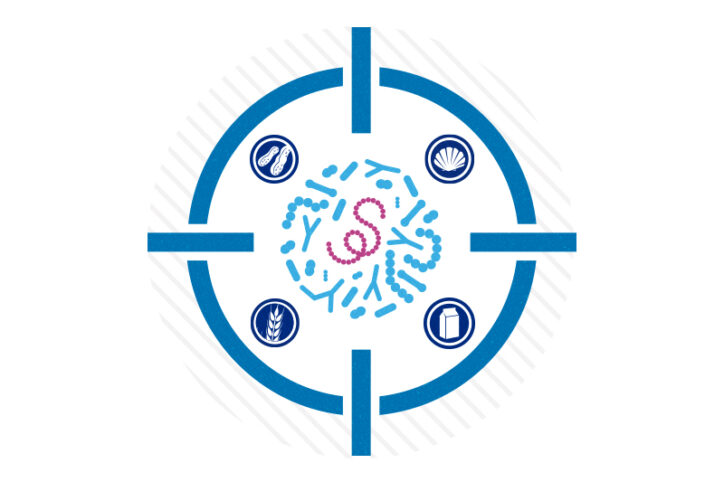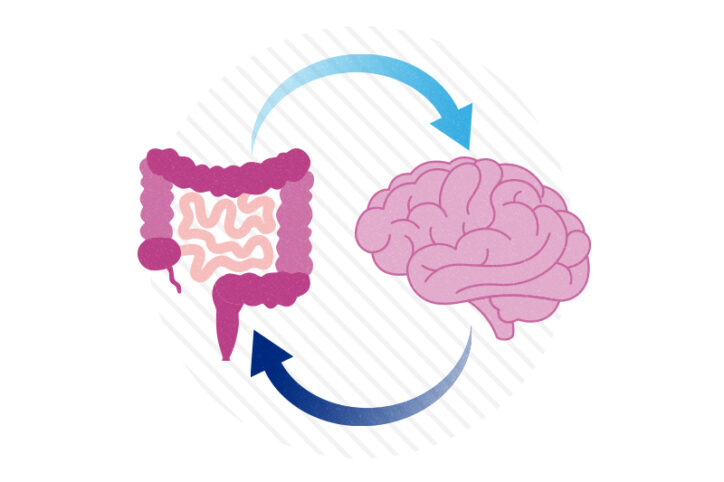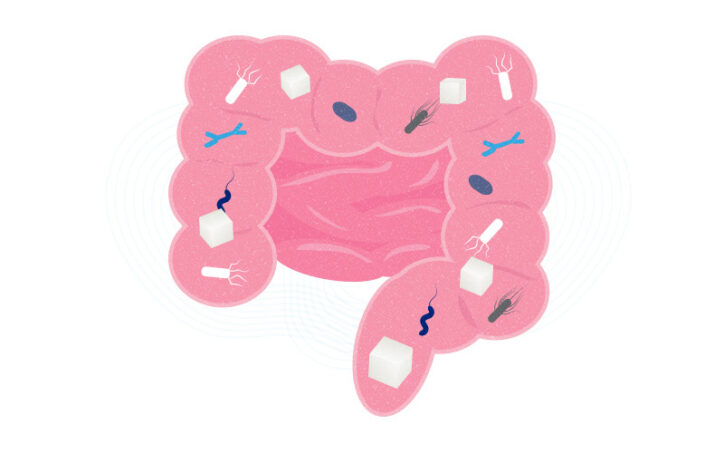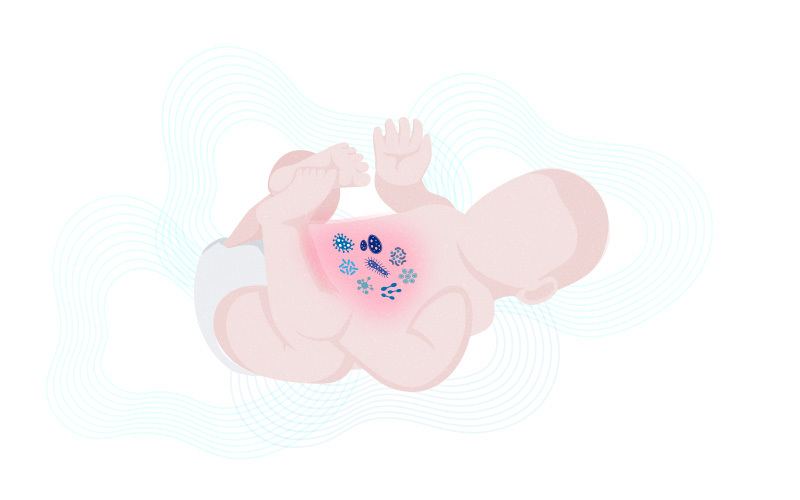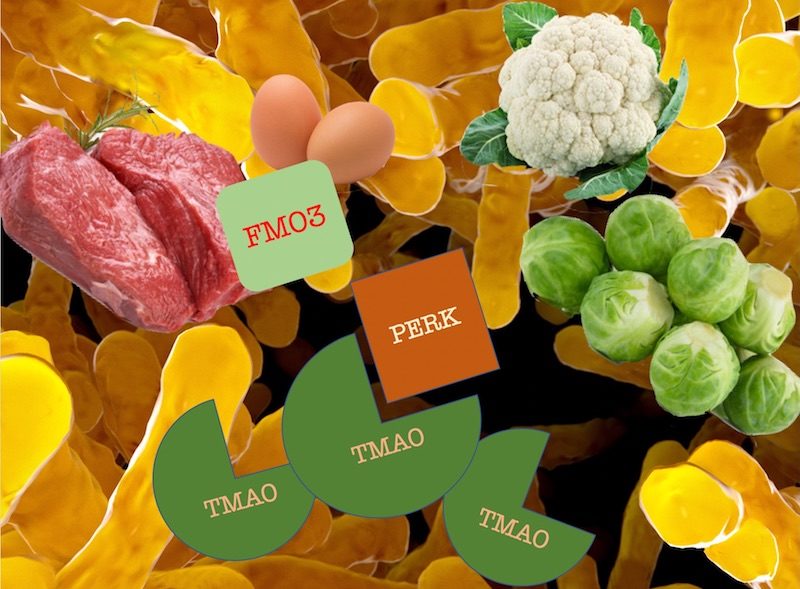Archive for microbiome
Partnering diet and intestinal microbes to protect against GI disease
Despite being an everyday necessity, nutrition is something of a black box. We know that many plant-based foods are good for us, but we don’t always know why. Our intestinal microbiome, which helps break down these foods once we consume them, is another black box. What role do our gut bacteria play? Seth Rakoff-Nahoum, MD, ... Read More about Partnering diet and intestinal microbes to protect against GI disease
A new tool could exponentially expand our understanding of bacteria
How do bacteria — harmless ones living in our bodies, or those that cause disease — organize their activities? A new study, combining powerful genomic-scale microscopy with a technical innovation, captured which genes bacteria turn on in different situations and in different spatial environments. The technology, described January 23 in Science, promises to take the ... Read More about A new tool could exponentially expand our understanding of bacteria
Tagged: antibiotics, genetics and genomics, imaging, microbes, microbiome
Could we cure or prevent food allergy by targeting an intestinal protein?
When is food simply nourishing and enjoyable, and when does it provoke an allergic reaction? The answer appears to lie in the balance of microbes that live in our intestine — and a specific protein secreted by intestinal goblet cells that influences that balance. Excess amounts of this protein, RELMß, change the profile of intestinal ... Read More about Could we cure or prevent food allergy by targeting an intestinal protein?
Tagged: allergy, immunology, immunotherapy, microbiome
New insight into the effects of PPIs in children
Proton-pump inhibitors (PPIs) are frequently prescribed to suppress stomach acid in patients with gastroesophageal reflux disease (GERD). Prescribing rates of PPIs in children have risen more than 500 percent in the past two decades, despite growing concerns about their risks: Previous research has linked their use to an increased risk of various pulmonary and gastrointestinal ... Read More about New insight into the effects of PPIs in children
Tagged: aerodigestive, coronavirus, gastroenterology, microbiome, reflux, research
The gut-brain connection: A new approach to OCD and tic disorders?
It’s natural for young children to use routines to help them navigate the world and for older children and teens to zero in on interests and hobbies. But if they veer into disruptive, unwanted obsessions or thoughts or the need to perform compulsive rituals, they may have obsessive-compulsive disorder (OCD). We know that OCD is ... Read More about The gut-brain connection: A new approach to OCD and tic disorders?
Tagged: diet, microbiome, neuroscience, research
Shaping our intestinal microbiome: What makes certain microbes more ‘fit’?
We now know the microbes that live in our intestines — often called our microbiome — influence our health in many ways. The balance among competing microbial species is believed to contribute to inflammatory bowel disease (IBD), immune disorders, food allergy, neurodegenerative diseases, cancer, and more. The sugars in our diets, in turn, influence that ... Read More about Shaping our intestinal microbiome: What makes certain microbes more ‘fit’?
Piecing together the preterm infant microbiome
The human microbiome — the collection of microbes living in the gut — is now recognized as an important contributor to health and disease. The environment, the host, and microbe-microbe interactions are all likely to shape the microbiome’s dynamics, but the unique roles of each are not well understood. Now, a Boston Children’s Hospital infectious ... Read More about Piecing together the preterm infant microbiome
Diet, the microbiome, and how insulin resistance causes metabolic syndrome
Up to a third of U.S. adults have metabolic syndrome, a constellation of high blood pressure, high blood sugar, excess body fat around the waist, and abnormal cholesterol levels. Now considered to be epidemic, metabolic syndrome increases people’s risk of diabetes, heart disease, and stroke, as well as kidney and neurodegenerative disease. Metabolic syndrome is ... Read More about Diet, the microbiome, and how insulin resistance causes metabolic syndrome
Tagged: endocrinology, metabolism, microbiome
Pioneering microbiome findings shed light on aspiration
When children have respiratory infections, clinicians tend to blame gastroesophageal reflux, based on the assumption that bacteria-laden stomach contents rise into the mouth and are then aspirated. As a result, clinicians often recommend a type of anti-reflux surgery called fundoplication to treat these infections. Yet, despite undergoing this procedure, many patients don’t improve. A new ... Read More about Pioneering microbiome findings shed light on aspiration
Tagged: aerodigestive, gastroenterology, microbiome, reflux, research
‘Good’ bacteria may prevent – and reverse – food allergy
Food allergy is a large and growing public health problem. For reasons that remain a mystery, the number of Americans who suffer from the disease has risen sharply over the last decade to as many as 32 million, according to one recent estimate. Nearly 8 percent of children in the U.S. — about two in ... Read More about ‘Good’ bacteria may prevent – and reverse – food allergy
Tagged: allergy, fecal transplant, immunology, microbiome




